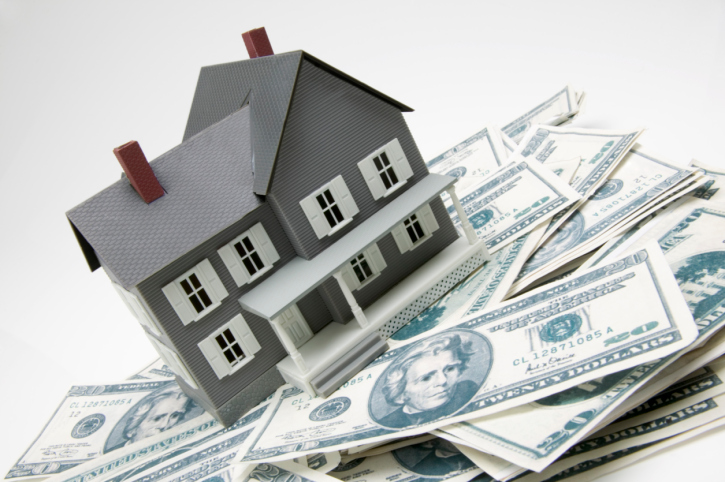Saving Up for Your First Home? Our Guide to Finding Ways to Save Your Down Payment Faster
 If your goal is to purchase a home, you may find that it’s challenging to save up enough money for your down payment. While this is something that many first time home buyers struggle with, it is by no means insurmountable. By making a few simple changes you will be able to accumulate the funds you need for your down payment.
If your goal is to purchase a home, you may find that it’s challenging to save up enough money for your down payment. While this is something that many first time home buyers struggle with, it is by no means insurmountable. By making a few simple changes you will be able to accumulate the funds you need for your down payment.
Keep Track Of Your Spending
One of the reasons why it can be difficult to save money is that you aren’t even sure of where your money is going. While you may be aware of major expenses such as rent, car payments and utilities, it’s easy to lose track of many of the smaller bills and impulse purchases. If you aren’t keeping a budget, you should begin as soon as possible. Software programs and apps such as Mint.com can make this simple.
Consider If You Have Anything To Sell
You may be able to raise some quick cash by selling some personal belongings. Don’t part with something that will cause you regrets, such as a precious family heirloom. However, if you’re like many people, you probably have lots of items you no longer need. In addition to holding a garage sale, you could sell items such as jewelry, electronics, art or almost anything on eBay.
Refinance Credit Cards
Refinancing credit cards or any type of debt can help you save money on monthly bills. Balance transfers can often give you a more advantageous rate with credit cards. If you have a car loan, you may be able to find better terms with a different lender.
Find Another Source Of Income
In addition to finding ways to cut back on your spending, taking in some extra money every week can make it much easier to save up for that down payment. Perhaps you or your spouse could find time for a part time job. You might also consider starting a part time business, such as an online store that can be managed from home.
If you are creative about it, you can probably find many ways to save up for your down payment. You should also do plenty of shopping around when it comes to finding the best deal on a mortgage for your first home. Consult with a qualified mortgage professional to get an idea of what you can realistically afford.

 Refinancing your mortgage can make good financial sense, as long as you are doing it for the right reasons. Before considering a refinance, it’s worth spending some time to assess what your financial goals are.
Refinancing your mortgage can make good financial sense, as long as you are doing it for the right reasons. Before considering a refinance, it’s worth spending some time to assess what your financial goals are. If you are self-employed, either as a freelancer or as the owner of your own business, your income can fluctuate greatly from year to year. That can make it difficult to get approved for a mortgage, although there are some things you can do to improve your chances. Here are three tips for securing a mortgage if you are self-employed.
If you are self-employed, either as a freelancer or as the owner of your own business, your income can fluctuate greatly from year to year. That can make it difficult to get approved for a mortgage, although there are some things you can do to improve your chances. Here are three tips for securing a mortgage if you are self-employed.